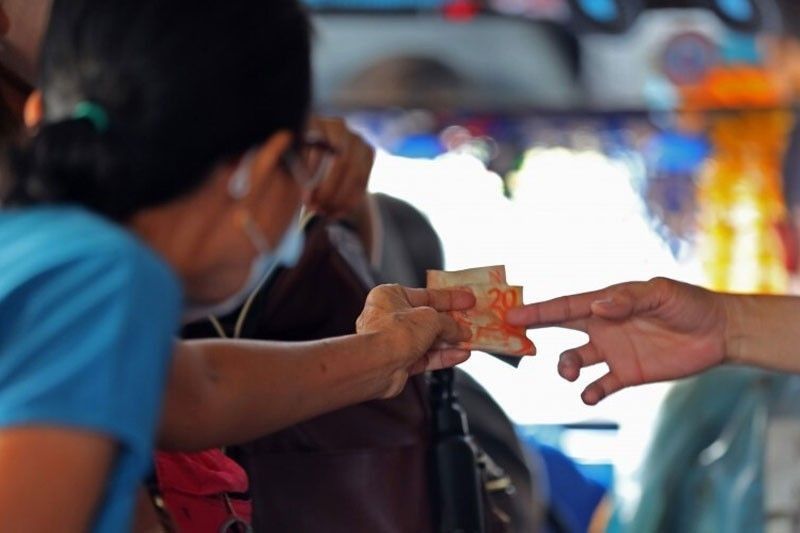Fare hike seen to stoke inflation

MANILA, Philippines — British banking giant HSBC said the second round of jeepney fare hike is another big and untimely blow to the country’s high inflationary environment that has prompted monetary authorities to jack up interest rates.
In a commentary, HSBC economist for ASEAN Aris Dacanay said the P2 increase in the minimum fare on public utility jeepneys that took effect July 1 could potentially raise inflation expectations.
“Another big and untimely blow to the high inflationary environment we have today. Both the June and July fare hikes may increase headline inflation by 0.6 to 0.7-percentage point and potentially increase inflationary expectations,” Dacanay said.
The Land Transportation Franchising and Regulatory Board (LTFRB) approved the provisional fare increase of P2 petitioned by groups representing jeepney operators and drivers, bringing the minimum fare to P11 effective July 1, due to rising oil prices.
Last month, the LTFRB also approved the P1 provisional fare hike after a series of hefty increases in the prices of petroleum products.
“As argued before, fare hikes aren’t necessarily bad, most especially if fares never adjusted to inflation to begin with. The fare hike is just untimely given today’s environment,” Dacanay said.
Inflation averaged 4.1 percent in the first five months after quickening to 5.4 percent in May from 4.9 percent in April due to elevated oil and non-oil prices.
The Bangko Sentral ng Pilipinas (BSP) now expects inflation to hit five percent this year and 4.2 percent next year.
Dacanay said the recent fare adjustment is beneficial in the long-term to keep fares higher than the old fare of P9 even if fuel prices go down.
“This is to avoid another instance wherein fares are hiked again when inflation is already high, perhaps due to another global supply crunch of oil,” the HSBC economist said.
Given the high uptick, Dacanay said authorities may look for other holistic ways to manage expectations and help keep inflation down.
He said monetary officials may need to keep watch on whether the fare hike would spill over to core items in the consumer price index (CPI) basket and raise the policy rate accordingly.
On the other hand, he added that non-monetary officials may need to look for other ways to reduce prices elsewhere and provide some relief to household budgets.
“Reducing tariff and non-tariff barriers are low hanging fruits that can quickly reduce prices sustainably. Since household budgets are fungible, consumers, in general, are as well-off if the price increase of one item is compensated by a reduction in others,” Dacanay said.
Although it may not reflect in the inflation numbers, Dacanay said non-monetary officials could help manage inflation expectations by helping citizens look for other alternatives to go to work.
The Monetary Board started its interest rate liftoff last May 19 after it raised rates by 25 basis points, the first in more than three years or since November 2018, to curb mounting inflationary pressures.
This was followed by another 25 basis points last June 23 as monetary authorities looked at a gradual tightening so as not to disrupt the economic growth momentum.
However, the BSP may need to deliver more aggressive rate hikes as inflation for June is seen quickening further to a range of 5.7 to 6.5 percent from 5.4 percent in May.
- Latest
- Trending































